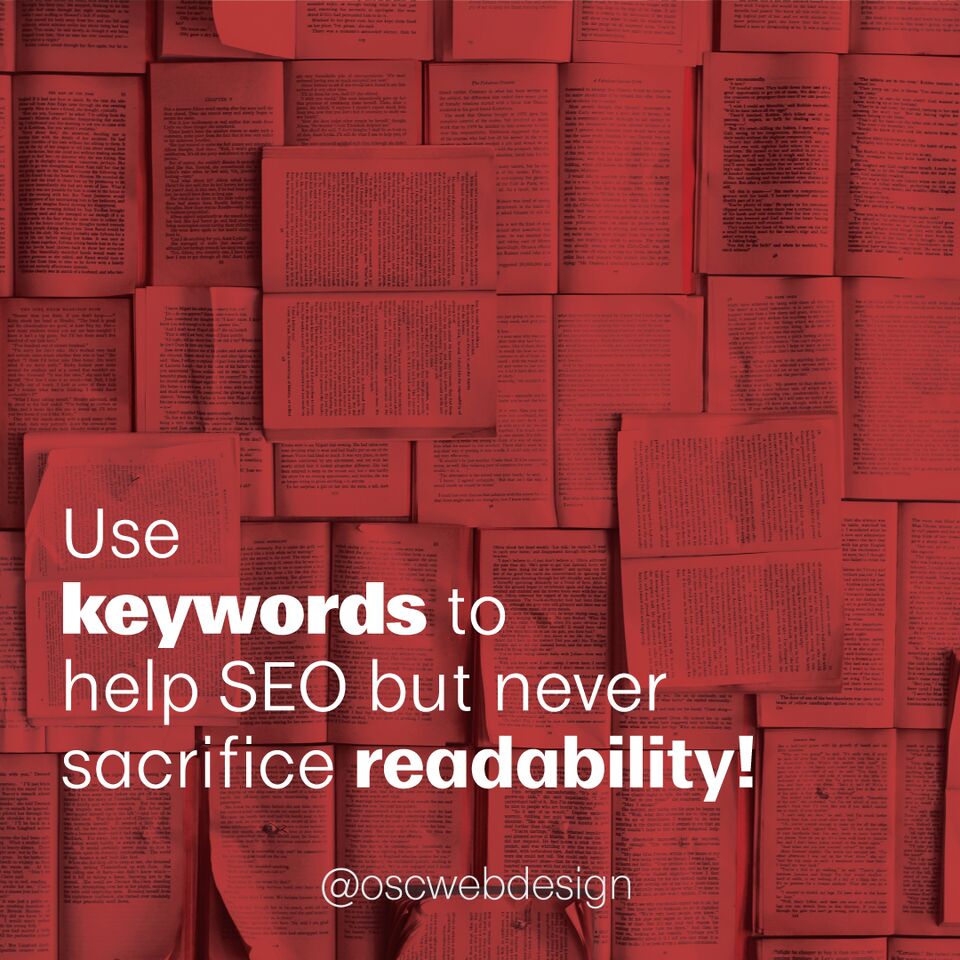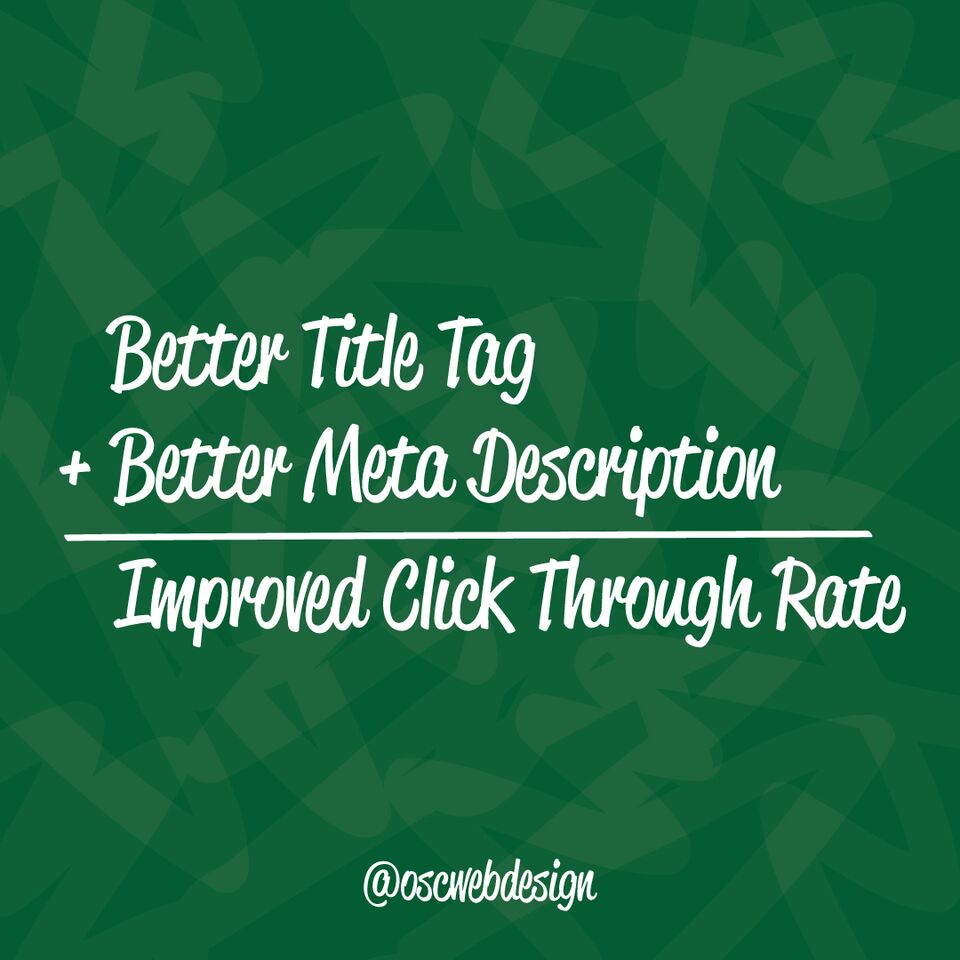Who better to tell us about the top SEO mistakes than the search engine that constantly finds them?
Former head of the Google webspam team, Matt Cutts, names the top 5 SEO mistakes made by webmasters:
SEO Mistake #1: Website isn’t crawlable – or no domain at all.
We’re going to assume you have a website since you know what SEO is, so luckily you haven’t made the mistake of having no domain at all!
The website you do have should be highly user-friendly. A website that’s easy to navigate is important not only for the visitors that actually use your website, but also for the Google bots that crawl your content.
The Solution
Ask someone who’s never used your website to find important pages. If they have difficulties, perhaps you should reorganize or look into a website redesign.
The “mobile-friendliness” of websites is another factor that Google continues to favor in ranking. Check if your website functions appropriately across all devices with Google’s mobile-friendly test.
SEO Mistake #2: Missing the right keywords.
Just getting a website for your small business isn’t all it takes. Those Google bots are pretty smart,
but they aren’t mind readers.
As much as Google continues to advance and change their algorithm, the fundamental way they interpret websites isn’t likely to change. They sort through the website content you provide to determine what your business is all about and where you should rank.
Without the right keywords, how will they know what you offer?
The Solution
Depending on your resources and experience, you can either conduct keyword research on your own or request it from an SEO firm. Unfortunately, many beginners will target a list of keywords throughout their content without knowing they are the wrong keywords altogether.
SEO Mistake #3: Sacrificing quality content to focus on link-building.
Sometimes in an effort to rank, it can be easy to get caught up in certain aspects of SEO.
Yes, it’s true having more pages (i.e. blog posts) increases your chances of ranking in different search engine results. The issue is when you start pumping out so much content that it begins losing it’s value.
The Solution
If you’ve read any of our other blogs, at this point you probably feel like we’ve beaten this concept to death but we’ll say it again..
Quality over quantity.” #contentmarketing #SEO
@osc_webdesign
If you ever find yourself writing content simply for the sake of publishing another blog post, take a moment to stop and reconnect with the needs of your target audience.
What are their goals and concerns? Which of their questions are you answering? Are you answering them thoroughly? If you haven’t defined your target audience, you may want to look into creating buyer personas.
SEO Mistake #4: Neglecting titles and descriptions of important pages.
Matt mentions that webmasters sometimes forget about the titles and descriptions of their important pages. The result of this is that users won’t be able to identify your page after bookmarking it and they probably won’t click on it in search engine results.
The Solution
Take another stab at optimizing title tags and meta descriptions for your website. In the video, Matt says that doing this for every single one of your pages may be too much work. He suggests just focusing on important pages.
We think that every page is an important page. If you’re targeting keywords properly, your website has the opportunity to rank for a different search query for each page.
What’s the point of taking the time and effort to write content if it’s advertised poorly? Title tags and meta descriptions are what’s pulled into search engine results as a preview of the corresponding page. If they aren’t descriptive or inviting, they won’t be clicked.
SEO Mistake #5: Not using Webmaster resources.
With the many search algorithm changes made by Google each year (500-600!) it’s important to keep learning. While it’s pretty easy to find information about web design, SEO, and online marketing, nobody is going to force you to do it. You have to be committed to learning it yourself.
The Solution
Find credible resources and continue to check up with them. They will inform you on SEO news and if you should be redirecting your approaches.
- Google’s Webmasters website has a wealth of knowledge that is completely free to access.
- Here at OSC Web Design, we publish blog posts on different topics 1-4 times a week. One blog post in particular we’d recommend reading is our guide to SEO in 2017 for beginners.
With free SEO knowledge just sitting on the web for your consumption, it’s not hard to move forward with the right techniques. After all, a mistake is only a mistake if you don’t learn from it!




